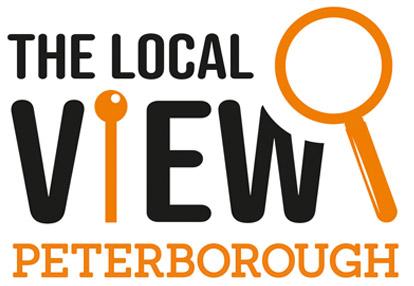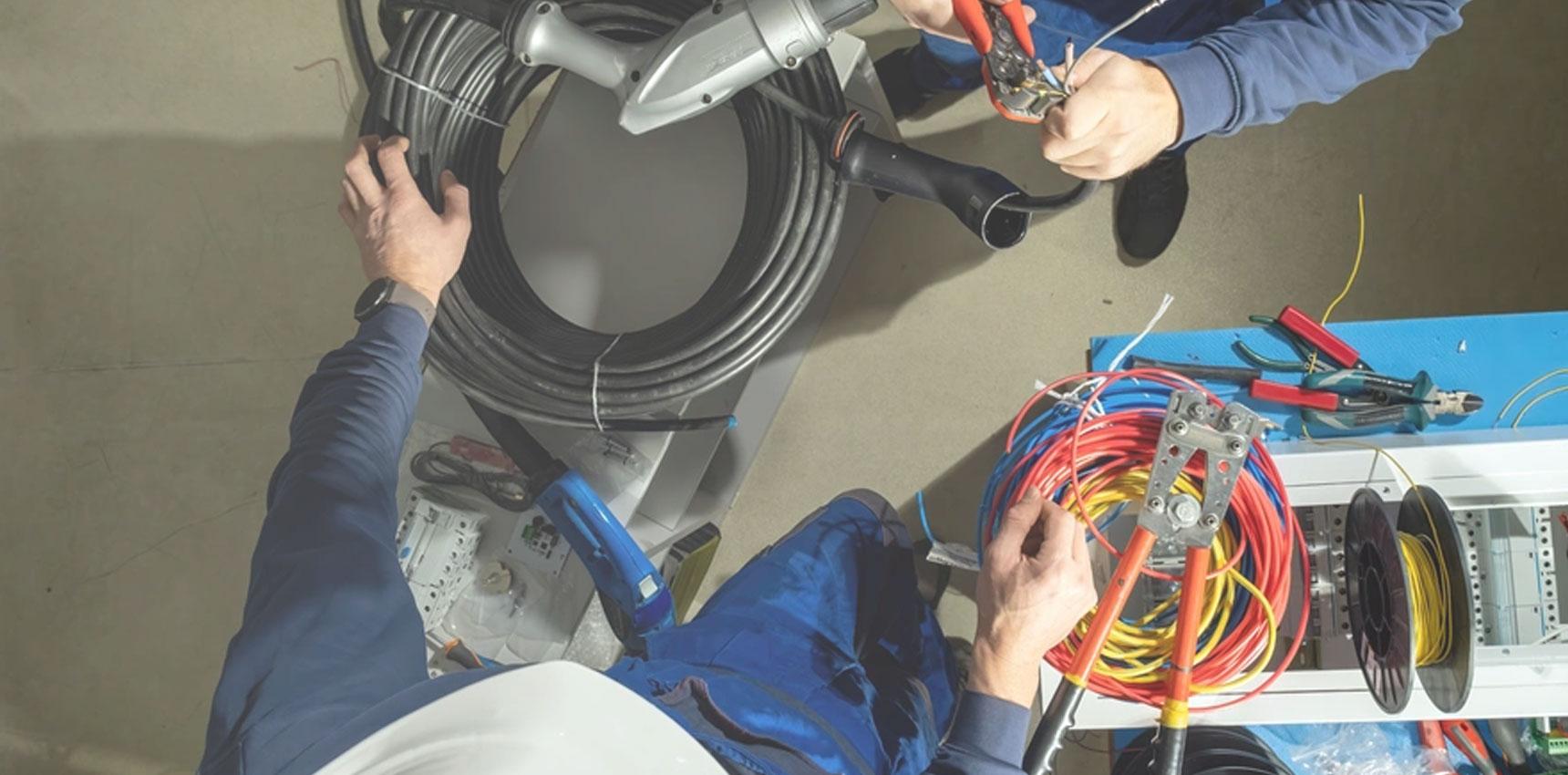In the ever-evolving landscape of property buying, auctions have consistently provided a dynamic and transparent platform for purchasers and sellers alike. In the UK, property auctions have bifurcated into two primary types: traditional in-person (or hybrid model) auctions and modern auction method. Both methods offer unique advantages and cater to different buyer preferences. Let’s delve into the key differences between these two auction styles.
Traditional Property Auctions (unconditional)
Hybrid Model
Traditional property Auctions now offer the hybrid model/ where the auction is live and the bidding takes place both in the room and online. This opens up much larger participation as buyers can choose between attending the auction house on the day, telephone bidding, proxy bidding or live bidding online.
Atmosphere and Experience
Traditional property auctions are held in physical venues, often large halls or conference centres. The atmosphere is electric, with bidders gathered in one place, creating a palpable sense of competition and urgency. The excitement of raising a paddle and the immediate response from the auctioneer is an experience in itself.
Process and Participation
Participants must register beforehand, and on the auction day, they typically physically attend the event. Properties are typically marketed through auction catalogues weeks in advance, allowing potential buyers to research and view properties before bidding.
Speed and Finality
One of the significant advantages of traditional auctions is the speed and finality of the sale. Once the hammer hits the gavel, the sale is legally binding, exchange of contracts takes place and the buyer pays a deposit plus auctioneer’s fees and the buyer usually has to complete the purchase within 28 days. This quick turnaround is ideal for sellers looking for a swift sale and buyers who are ready and able to proceed without delay.
! Warning
Winning an auction and then attempting to escape a contract because you can’t meet the criteria will only end up costing you more. You will need to pay fees and interest on late payments. Additionally, sellers can enforce the legal contract to make you pay the agreed sum anyway, plus interest on this payment.
If you fail to complete the sale for any reason—whether you change your mind, can’t secure financing, or it turned out to be a terrible mistake—the result always is the same: you lose your 10% deposit. Even worse, if the property sells at the next auction for less than the price at which you exchanged contracts, you could be required to pay the shortfall plus any interest!
Transparency
The transparency of bidding in a traditional auction is another key benefit. Everyone in the room can see who is bidding and how much is being offered, which can provide reassurance to buyers about the fairness of the process.
Modern method of auction (conditional)
This is an established online version of property auctions, providing estate agents with an additional route to market properties. Unlike traditional auctions, this method offers potential bidders more time, accommodating both mortgage and cash buyers. This broader timeframe expands the market potential beyond that of traditional unconditional auctions.
Properties are listed on popular property portals prior to the auction. Interested buyers can place bids online at any time, with the highest bidder winning at the auction’s close. The winning bidder pays a reservation fee of about 6%, in addition to the purchase price. They then have 28 days to exchange contracts and an additional 28 days to complete the purchase, totalling 56 days.
This might be suitable for many, particularly those relying on mortgages and needing more than 28 days to complete the purchase.
Many estate agents use this type of auction to market properties. If you are considering buying or selling through this method, it is advisable to gain a deeper understanding of the process.
Accessibility and Convenience
Modern online auctions offer unparalleled convenience, allowing buyers to participate from anywhere in the world. This accessibility is particularly beneficial for international buyers or those unable to attend in person due to time constraints or geographical limitations.
Extended Bidding Period
Unlike traditional auctions, which typically conclude within a few hours, online auctions often have extended bidding periods. This allows bidders more time to consider their options and place thoughtful bids, rather than making split-second decisions.
Technology and Transparency
Online platforms provide real-time updates and notifications, ensuring participants are always aware of the current highest bid and how much time remains. The digital nature of these auctions can also include features like proxy bidding, where a maximum bid is set, and the system automatically increases the bid incrementally up to that limit.
Flexibility and Comfort
Bidding online can be done from the comfort of one’s home or office, eliminating the need for travel and the associated costs. This flexibility can attract a broader range of participants, potentially increasing the competitiveness of the auction.
Key Considerations
Legal aspects
The key difference between those 2 types of property auctions is that the Traditional method is unconditional and legally binding as exchange contracts takes place when the gavel falls. While, modern auction method isn’t and what withdrawing your bidding bid doesn’t carry legal consequences and potentially only financial consequences of loosing the reservation fee which is typically 6% minimum.
Due Diligence
Regardless of the auction type, due diligence is crucial. Prospective buyers should thoroughly research the property, review legal documents, and, if possible, arrange for property inspections. Both auction types typically provide a legal pack, which includes essential information about the property, but the onus is on the buyer to ensure they are fully informed.
Financial Preparedness
Both traditional and online auctions require bidders to have their finances in order. A deposit is usually required immediately after a successful bid, with the balance due within a specified period (often 28 days for traditional auctions).
Auction Fees
Buyers should also be aware of auction fees, which can include a buyer’s premium (a percentage of the final bid price) and other administrative costs. These fees are generally applicable in both traditional and online auctions.
Whether opting for the fast environment of a traditional auction or the slow pace and comfort of a modern online auction, buyers and sellers have robust and transparent options to choose from. The decision between the two often comes down to personal preference, location, and the specific circumstances of the buyer or seller. By understanding the key differences and preparing accordingly, participants can navigate the auction process with confidence and success.
Written by Piotr Wojciechowski, from Livewell Apartments who is a member of Peterborough Business Directory.





